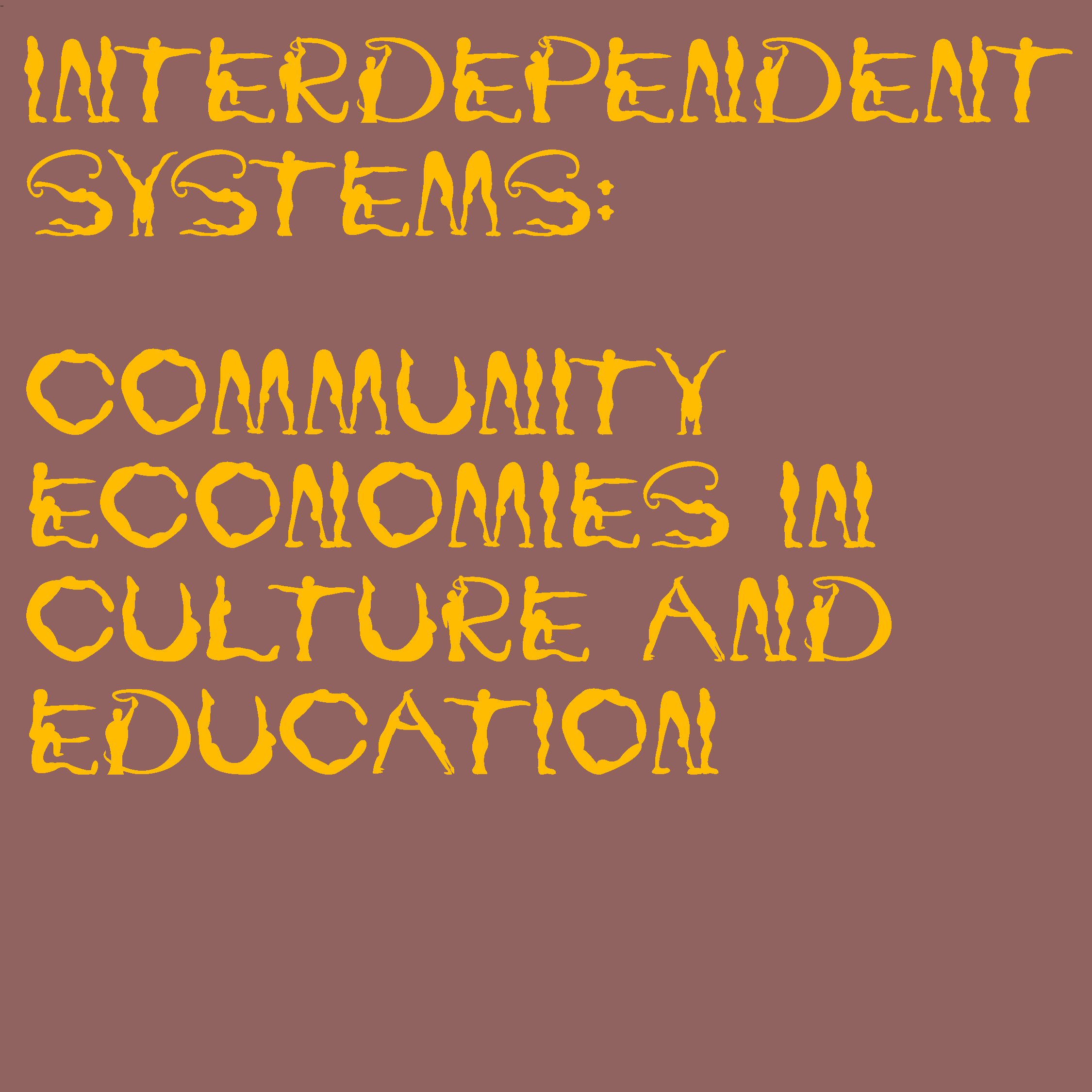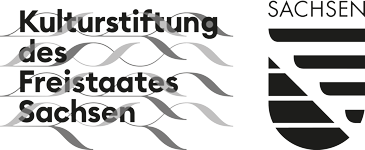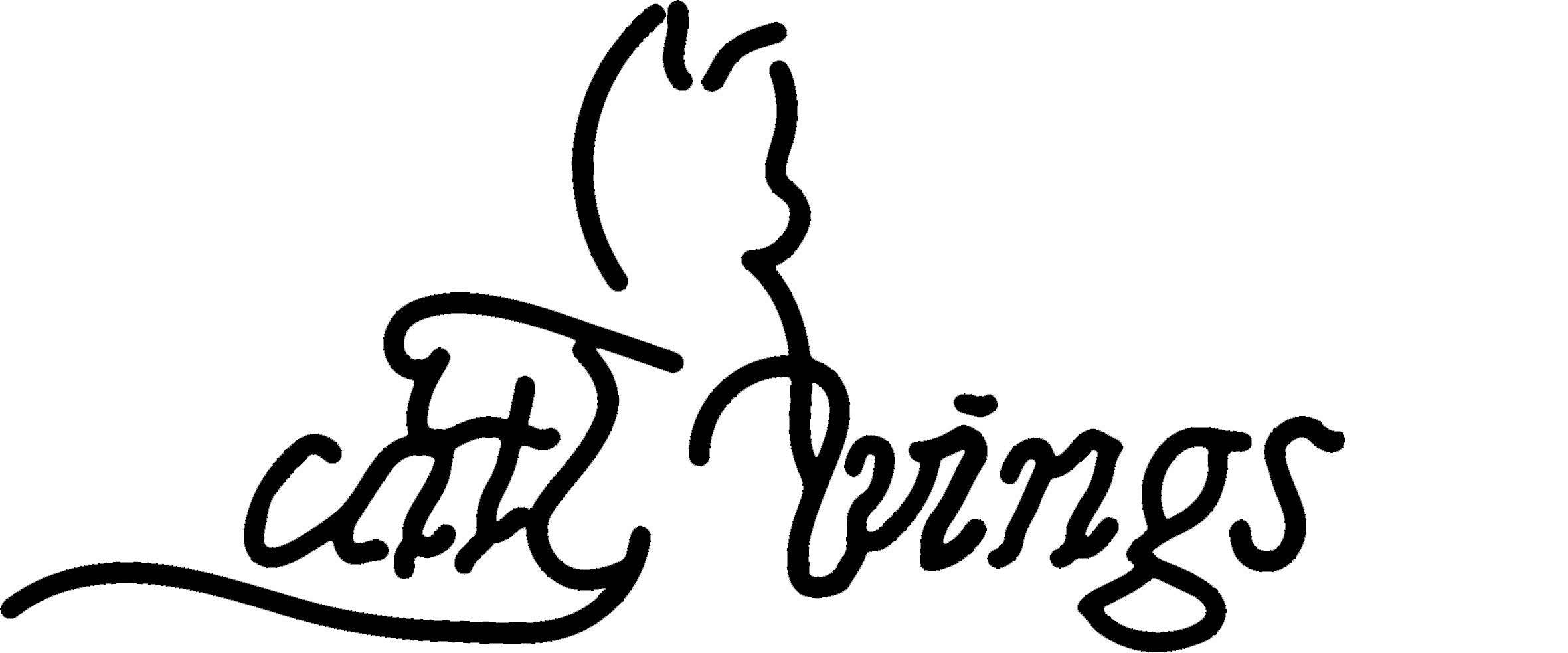Join us for “The Good Enough Host” at Radio Vilnius, a 1 hour radio show as part of our ongoing Research Project “The Good enough Host: pragmatic tools for idealistic practices”, which we currently pursue in the framework of our School of Commons fellowship. The show will dive into the process of our ongoing research into the parameters, potentials and limitations of self-organized culture and hosting. Along with a playlist of our most favorite songs, we’ll reflect on our engagement with texts and conversations with other practitioners and collectives that shaped and troubled our research until now.
7. November 2023
14. November 2023 at 18:00–20:00 CET
What type of informal enconomies already exist within forms of learning? How does our interdependencies relate to accessible education? How do we make existing practices of care sustainable in (non)institutional infrastructures? This discussion will curiously engage with alternative ways of learning and caring within (non)institutional settings and groups.

This session is part of the Autumn public program of School of Commons.
The session is hosted by the Focus Group including Ardita Avdija, Adelina Ismaili, Diona Kusari, Njomza Dragusha, Endrit Tasholli, Era Qena, Shpat Shkodra, Toska Salihu, Mariana Neves, Urjuan Toosy, Peter Hermans, Sanna Schiffler, Marion Kliesch, Letitia Calin, Ella Asheri, Theresa Zwerschke and Steph Joyce.
Over the past months, the SoC 2023 cohort has been working within four focus groups, looking into topics that range from cooking to collective intelligence, art to AI driven technologies, and from precarity to creativity. As part of our Autumn public programme offering, the participants will share their findings, and ways and workings with the wider public in the form of public teaching sessions via zoom. To expand and deepen their research, a selected guest will be contributing to the sessions.
Engaging with the world around us through learning together and by co-creating a space, network and community of belonging and support, the SoC program aims to promote a broad, integrative understanding of knowledge heavily defined by our community. Through experimentation, dialogue and process, we focus on matters surrounding the production and mediation of knowledge, with a focus on self-organized practices and knowledge decentralization.


